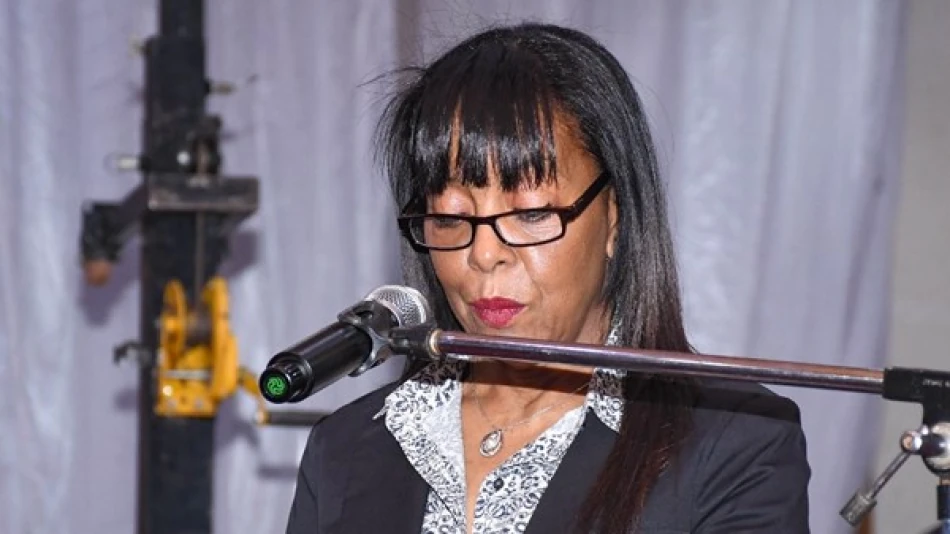
Burkina Faso Expels UN Coordinator: Diplomatic Tensions Escalate
Burkina Faso Expels UN Coordinator Over Children and Armed Conflict Report
Burkina Faso's military government has declared the UN Resident Coordinator "persona non grata" following her involvement in a United Nations report on children and armed conflict. The expulsion of Carol Flore-Smereczniak reflects deepening tensions between the West African nation's leadership and international organizations amid ongoing security challenges and questions over civilian protection.
Government Accusations Against UN Official
The Burkinabé government accused Flore-Smereczniak of overseeing the preparation of a report that "compiles data without objective sources and without evidence, promoting dangerous and false information." Officials stated she is considered an unwelcome person on Burkina Faso's territory due to her role in supervising the controversial document.
The government's strong language suggests the UN report likely contained allegations about the conduct of Burkina Faso's security forces or allied groups in their operations against terrorist organizations active in the region.
Context of Deteriorating International Relations
Military Government's Defensive Posture
Since Captain Ibrahim Traoré seized power in September 2022, Burkina Faso has increasingly pushed back against international criticism of its security operations. The military leadership has prioritized sovereignty messaging while battling affiliates of al-Qaeda and Islamic State groups that control significant portions of the country's territory.
This expulsion follows a pattern of West African military governments rejecting external oversight. Mali and Niger, both under military rule, have similarly clashed with international organizations and former colonial powers over security operations and governance issues.
UN's Children and Armed Conflict Mandate
The UN's annual reports on children and armed conflict typically document recruitment of child soldiers, attacks on schools and hospitals, and civilian casualties. These reports often place governments and non-state actors on "lists of shame" that can trigger targeted sanctions or diplomatic pressure.
For Burkina Faso's military leadership, inclusion in such documentation represents both a legitimacy challenge and potential obstacle to international military cooperation needed to combat terrorism.
Strategic Implications for Regional Security
The diplomatic rift comes at a critical moment for the Sahel region, where terrorist violence has displaced over 2 million people in Burkina Faso alone. The country's rejection of UN oversight mirrors broader shifts away from Western partnerships toward alternative security arrangements, including increased cooperation with Russia.
This trend suggests military governments prioritize operational freedom over international accountability mechanisms, potentially complicating humanitarian access and civilian protection efforts in conflict zones.
Precedent for International Organization Relations
Burkina Faso's move reflects a broader recalibration of relationships between military governments and international bodies across the Sahel. The expulsion signals that Traoré's administration will not tolerate criticism it views as undermining national sovereignty, even from humanitarian-focused UN agencies.
The incident underscores how military governments facing existential security threats increasingly view international oversight as a luxury they cannot afford, potentially setting precedents for similar confrontations across the region.
Most Viewed News

 Layla Al Mansoori
Layla Al Mansoori






